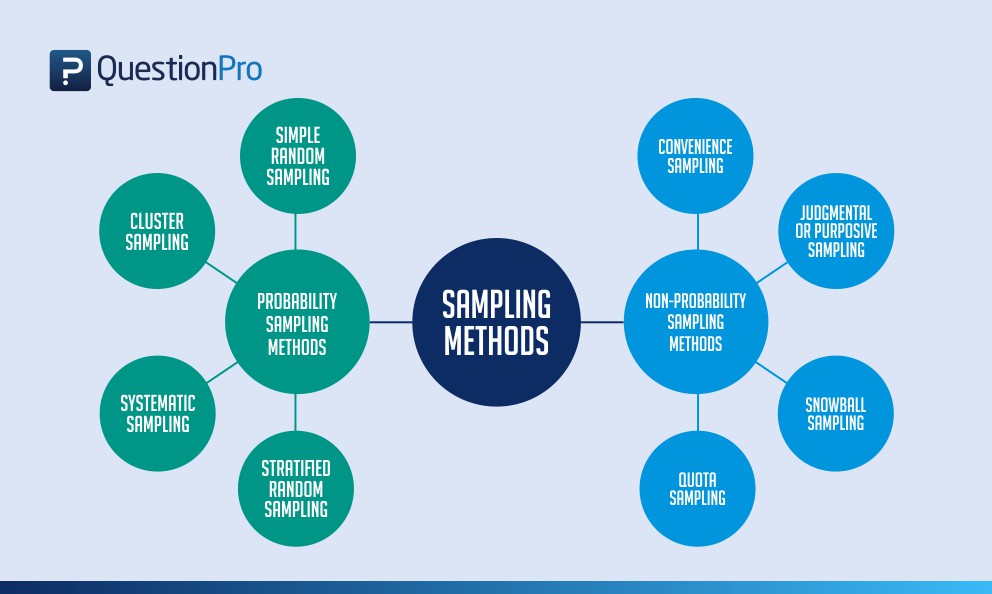Course Objective:
The objective of this course is to provide an understanding for the graduate student on statistical concepts which include Sampling theory, Time series analysis and Statistical Quality Control
CO-1
Explain the concepts of
population, sample, parameter, statistic, estimator and estimate. Distinguish between a
census and a sample survey. CO-2
Distinguish between sampling
error and non-sampling, explain the advantages of a sample survey; Describe
various methods of sampling. CO-3
Define the concept of time
series, appreciate the role of time series in short term forecasting,
explain the components of time series. CO-4
Estimate the trend values by
different methods CO-5
To calculate the seasonal
indices by different methods. CO-6
Additive, Multiplicative and
Mixed models of Time series. CO-7
Understand the concepts of quality
control. CO-8
Demonstrate the ability to
design, use, and interpret control charts for variables and control charts
for attributes
Course Outcomes:

- Teacher: PANAM SRAVANI
Course Objective
The course should enable the students to:
|
1 |
Understand vector spaces and subspaces and apply their properties. |
|
2 |
Construct a mathematical expression that involving characteristics of matrices, such as its four fundamental subspaces, rank, determinant, eigenvalues and eigenvectors, diagonalization. |
Course Outcomes
After the completion of the course the student will be able to:
|
CO1 |
Demonstrate understanding of the concepts of vector space and subspace. |
|
CO2 |
Demonstrate understanding of linear independence, span, and basis. |
|
CO3 |
Determine rank by reducing the matrix to Echelon and Normal forms. |
|
CO4 |
Determine eigenvalues and eigenvectors and solve eigenvalue problems |
|
CO5 |
Determine a modal matrix, and reducing a matrix to diagonal form |
|
CO6 |
Compute inner products on a real vector space and orthogonality in inner product spaces. |
- Teacher: RAGA SUDHA JONNADA
Course Description:
The course addresses the English language needs of the students at the undergraduate level. The focus will be upon four categories: Prose, Poetry, Vocabulary, and Grammar. In addition to these, the last unit focuses upon developing the writing skills of students by including review writing. The content of the text raises questions of how English is used in India versus how it ought to be used and thus engaging the debates about “standard English” and the need of adapting English to the local cadence and culture of India. Similarly, the British and American variations of the language are included to orient the students to broaden their view of English as an International language. Overall the course will focus upon the critical thinking faculties of the students concerning academic, linguistic, political, literary, and ethical concepts.
The syllabus has been designed to develop linguistic and communicative competence of undergraduate students. The teachers also ask comprehension questions to stimulate discussion and based on the discussions the students are made to write short paragraphs /essays, participate in group discussions.
Course Outcomes:
The students will be able to:
CO 1. Read and interpret and analyze the implicit and explicit layers of meaning embedded in a poem.
CO 2. Identify poetic devices and the uncommon use of language in poetry.
CO 3. Become more empathetic and question the various forms of discrimination that exist in society based upon caste, race, gender, and culture, etc.
CO 4. Engage enlightenment values (liberty, equality, and fraternity) and the idea of the secular nation versus various groups divided on the basis of region, caste, creed, and language.
CO 5. Understand the need for English to be adapted to the local cultural contexts of India.
CO 6. Learn and use, technical and media vocabulary, and the differences between the British and American variations of the English language.
CO 7. Improve language skills by learning how to frame questions, use verbs and conditionals.
CO 8. Develop better writing skills and become adept in organizing one’s thoughts and ideas to write essays.
CO 9. Be able to write reviews and CVs.
- Teacher: CHRIS LENINA PETERS
By the end of the course, the student will be able to :
CO 1: Profound knowledge on core Java programming and its applications
CO 2: Describe and implement the object oriented principles
CO 3: Implementing core Java applications given
CO 4: Understand and execute Advanced Java concepts like Threads
CO 5: Work with Applets, AWT, Swings
CO 6: Exhibit the acquired concepts in terms of seminar, group discussion and programming challenges
- Teacher: ANU VICTOR